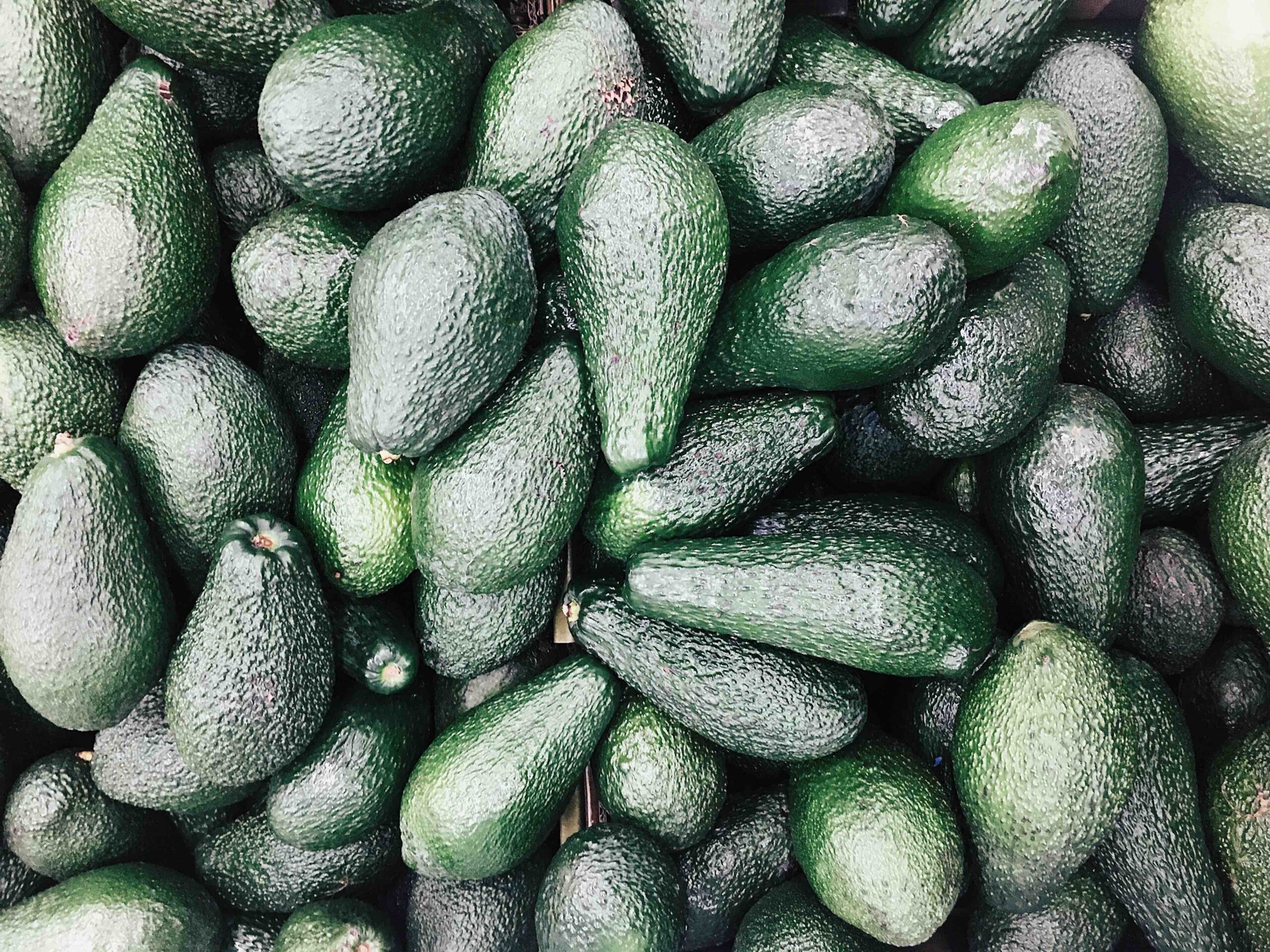Approximately 90% of the avocados consumed in the U.S. are imported from Mexico. However, before last year, the U.S. only allowed the importation of avocados from one Mexican state—Michoacán—due to phytosanitary concerns about seed weevils and fruit flies. The Michoacán avocado industry is heavily controlled by the cartel, which has sometimes led to shaky trade relations with Mexico.
In late 2021, the U.S. Animal and Plant Health Inspection Service (APHIS) and the Association of Avocado Exporting Producers and Packers of Mexico (APEAM) reached an agreement to allow avocado imports from an additional Mexican state—Jalisco (see Figure 1). The first shipments of avocados from Jalisco entered the U.S. in August 2022.
This regulatory change is the focus of some of my current research with co-author Irvin Rojas at the Centro de Investigación y Docencia Económicas (CIDE) in Mexico City. We investigate the economic impacts of expanding this phytosanitary exclusion zone to include Jalisco on U.S.-Mexico avocado trade. We have also collected price information from 37 markets around Mexico to see the impacts of the policy change on local Mexican markets.
What did we find?
We find that this policy change was unequivocally beneficial from the perspective of U.S. avocado users and consumers. Authorization of avocado imports from Jalisco led to about a 10% reduction in the border price for Mexican avocados (see Figure 2), relative to what prices would have been had we continued to source only from Michoacán. The policy change also had a dramatic effect on U.S. access to Mexican avocados. The volume of avocado imports increased by almost 35% relative to a scenario in which the U.S. continued to source exclusively from Michoacán. In total, we estimate that the policy change leads to an economic welfare gain of approximately $229.5 million per year for U.S. avocado users and consumers.
Economic outcomes in the Mexican domestic market are slightly more nuanced. We find that—among the 37 markets studied—the policy led to a price increase for avocados sourced from Jalisco, but only for the range of avocados that were already being priced highest in the market. We did not detect a price impact for the “average” avocado sourced from Jalisco. Mexican domestic prices fell for avocados sourced from Michoacán. This result held across all ranges of avocado price tiers.
The trade and domestic market impacts we measure certainly change the incentive structure within (and outside) the Mexican avocado industry. Time will tell what these shifting incentives mean for cartel activity in Michoacán and Jalisco.
Figure 1: Location of Michoacán and Jalisco in Mexico

Figure 2: Avocado Imports from Jalisco and U.S.-Mexico Trade Outcomes

Schaefer, K. Aleks. “Expanded U.S.-Mexico Trade in Avocados Benefits U.S. Consumers.” Southern Ag Today 3(14.4). April 4, 2023. Permalink

